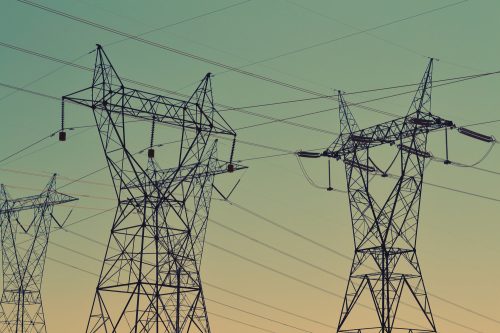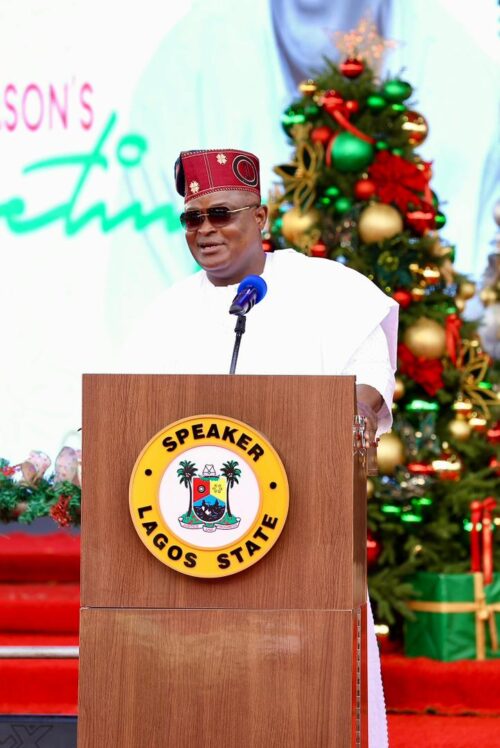BIG STORY
Blackout As National Grid Collapses Again

- /home/porsch10/public_html/wp-content/plugins/mvp-social-buttons/mvp-social-buttons.php on line 27
https://porscheclassy.com/wp-content/uploads/2022/03/electric-powerlines-1000x600.jpg&description=Blackout As National Grid Collapses Again', 'pinterestShare', 'width=750,height=350'); return false;" title="Pin This Post">
- Share
- Tweet /home/porsch10/public_html/wp-content/plugins/mvp-social-buttons/mvp-social-buttons.php on line 69
https://porscheclassy.com/wp-content/uploads/2022/03/electric-powerlines-1000x600.jpg&description=Blackout As National Grid Collapses Again', 'pinterestShare', 'width=750,height=350'); return false;" title="Pin This Post">
-

 Uncategorized4 days ago
Uncategorized4 days agoUBA Partners CIG Motors, Lagride, Launches $100 Million “Drive to Own” Vehicle Financing Scheme [PHOTOS]
-

 BIG STORY4 days ago
BIG STORY4 days agoBREAKING: NMDPRA Boss Farouk Ahmed, NUPRC CEO Gbenga Komolafe Resign As Tinubu Names New Oil Regulators
-

 BIG STORY5 days ago
BIG STORY5 days agoUS Adds Nigeria To List of Countries Facing Partial Travel Restrictions
-

 BIG STORY5 days ago
BIG STORY5 days agoPolice Arrest Popular TikToker Peller Over Reckless Driving
-

 BIG STORY4 days ago
BIG STORY4 days agoJUST IN: Tinubu Asks Senate To Confirm New NUPRC, NMDPRA Chief Executives
-

 BIG STORY3 days ago
BIG STORY3 days agoTinubu To Govs: Obey Verdict On Local Government Autonomy, Brace Up For The Implementation Of State Police
-

 BIG STORY4 days ago
BIG STORY4 days agoAlaafin To Install Seyi Tinubu As ‘Okanlomo of Yorubaland’ Saturday
-

 BIG STORY3 days ago
BIG STORY3 days agoCourt Okays Ex-AGF Abubakar Malami’s Further Detention By EFCC























